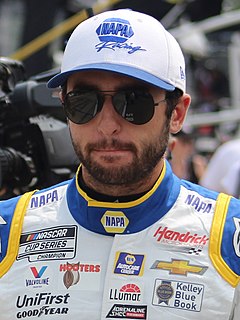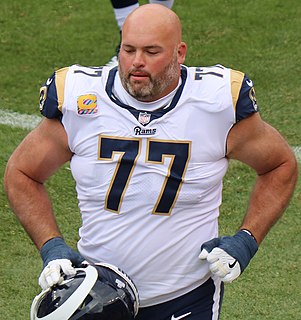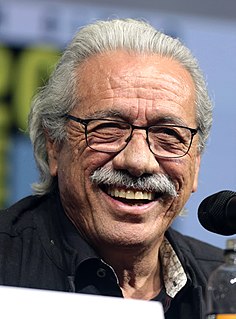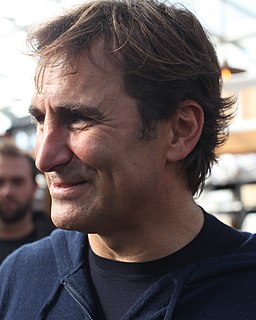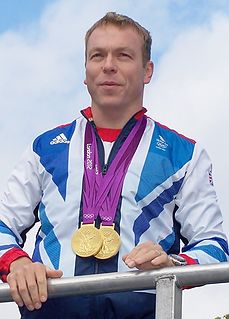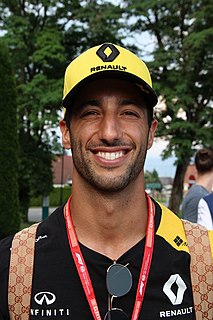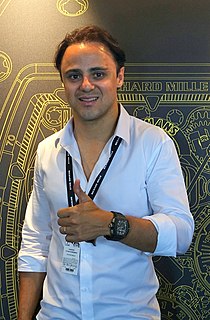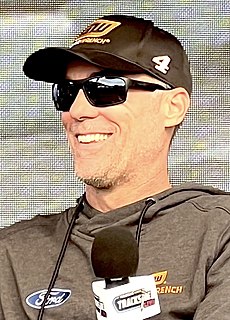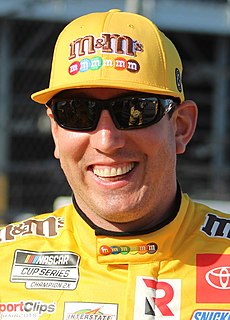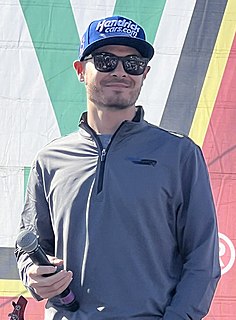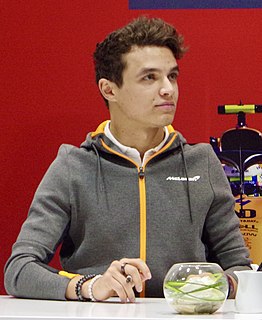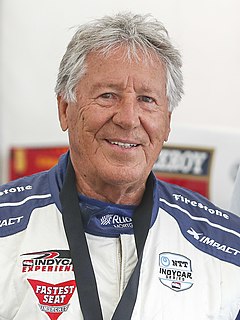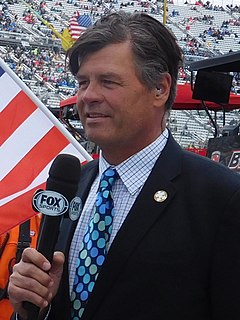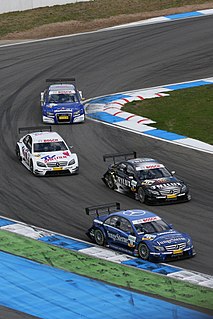A Quote by Chase Elliott
Just taking any kind of information you can gather, listening to the differences, the way they have gone about racing over the years, whatever they are willing to share with you it's important to hear those differing opinions and try to balance them out.
Related Quotes
The songs themselves sometimes have messages and people can read into them different ways, but I try to use concerts as a way to gather people and then have information there. I think that's important to find that balance, a way to be able to turn people on to things at the shows, but also just have it be an entertainment experience for people who just want to hear music and dance and don't want the extra stuff.
What I've learned from my gurus is that when you hear music, you hear a person, or you hear people, and you hear everything about them in those moments. They reveal themselves in ways that cannot be revealed any other way, and it contains historical truths because of that. To me, that is the most important thing. It shouldn't be a footnote, or the last chapter. It should be the complete thesis about a book on listening.
There's a lot of differing data [about global warming], but as far as I can gather, over the last hundred years the temperature on this planet has gone up 1.8 degrees. Am I the only one who finds that amazingly stable? I could go back to my hotel room tonight and futz with the thermostat for three to four hours. I could not detect that difference.
We're all born listeners. And as a result of our modern lives, and living in a world that has less meaning than the natural world that we evolved to hear, we learn to think of listening not as taking in all the information with equal value, which is the definition of true listening. In our modern world, we tend to think of listening as focusing our attention on what is important and filtering out everything else.
The approach and strategies are very similar in that you gather all the information you can and then keep adding to that base of information as things develop. You do whatever the probabilities indicated based on the knowledge that you have at that time, but you are always willing to modify your behaviour or your approach as you get new information. In bridge, you behave in a way that gets the best from your partner. And in business, you behave in the way that gets the best from your managers and your employees.
I won't forget those kind of things, but I just want to write them down and look at them. It's almost like when things like music come out and you're listening to a song and you have experiences with art or phenomena that supersede your simple relationship with them as just a piece of art. They're more than that. That's just what those quote are for me. They're big, they're important.
One of the most important things in any leader or in any successful approach is to focus on connecting with people and really listening to them. We shouldn't just be saying, oh yes, the people are protesting. We need to ask them why they are protesting and try and figure out if there is something we can do to bring them in and respond to those concerns. That's not populism - that's being thoughtfully open to the fact that our citizens are allowed to have, and are even justified in having, very real concerns and questions for the people responsible for serving them.
I tend to share whatever I know in general. I've never been a person to horde information for the sake of my own skin, you know what I mean? Not share so somebody doesn't take your job, I've never had that kind of insecurity. I also had a management company, too, so we were always one of those companies that shared information with our artists. Whatever they wanted to know, as much as they wanted to know, they could know.
If neuroscientific research shows that those mechanisms only contain comparative information about colour differences, and have 'thrown away' more fine-grained information about the absolute colours of single surfaces, then that would support my position, in a way that just introspecting our colour experiences can't.
Everybody has their own way of remembering and every culture has their traditions. When you compare the similarities and differences to other cultures, you start to learn about them and appreciate them. Whether it's the Japanese or the Africans, they all have ways of conjuring spirits and the support of those who have gone before them.
The fact that you're having disagreements with each other isn't a problem -that just shows that there are some areas of your relationship that need to be worked on. And that's normal. People are different, so of course you're going to run into times where your differences come out and rub each other the wrong way. But what's important is that you both commit to work on those differences until both of you are satisfied. When you do that, you're walking the right road together and over the long-run you'll do just fine.
